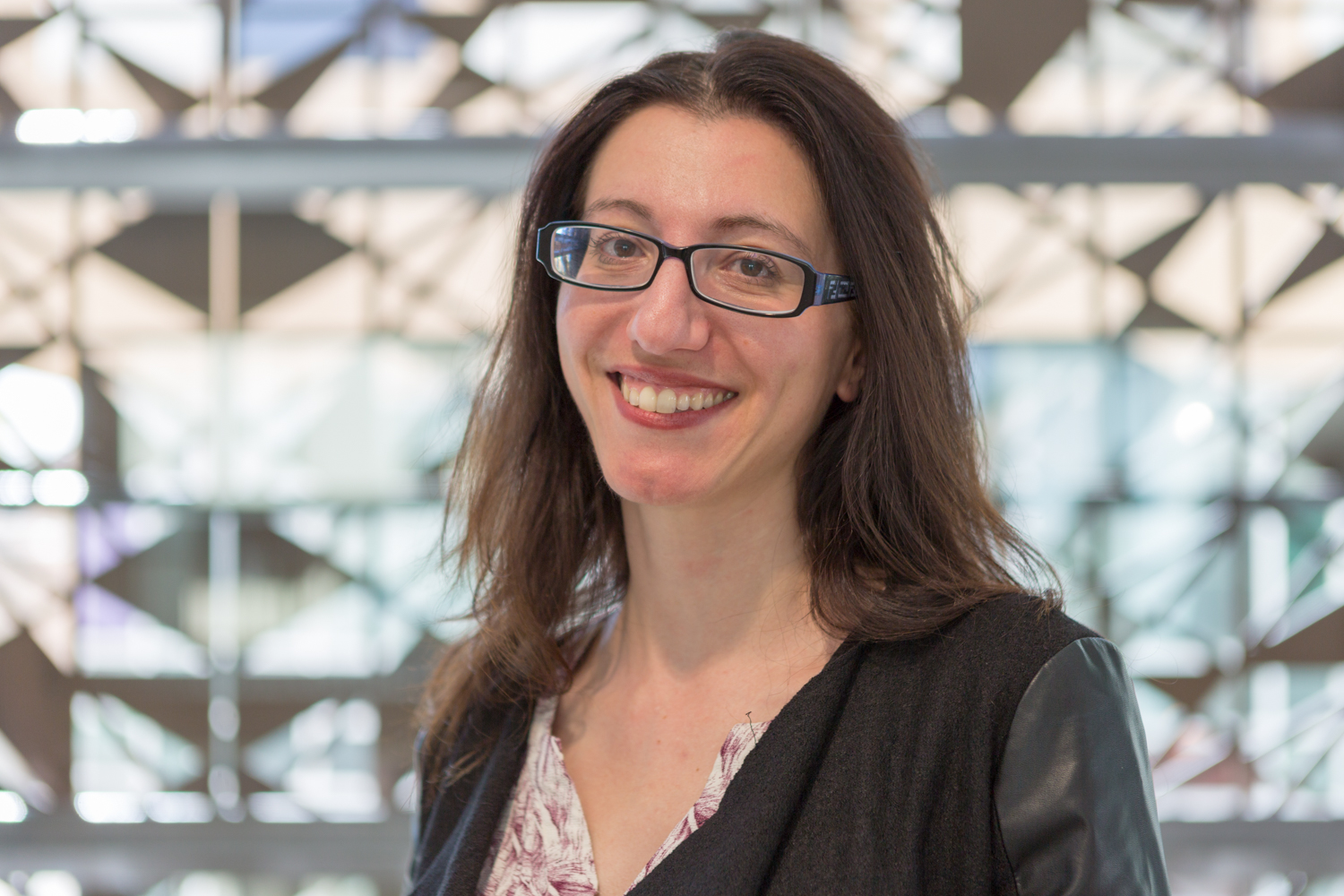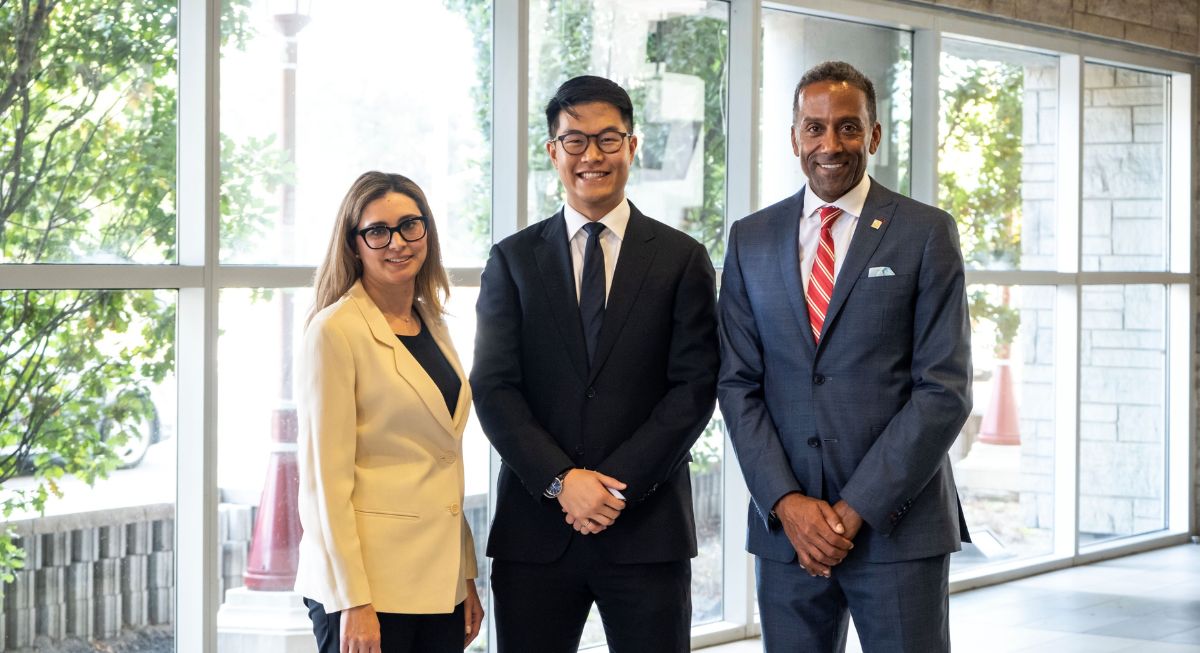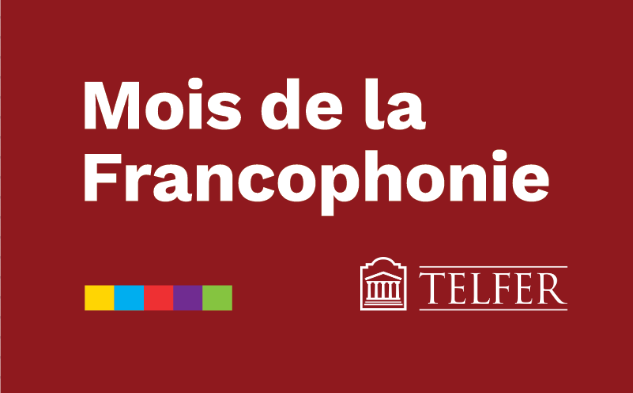Never was information sharing so relevant as at the start of the COVID-19 pandemic. In early 2020, before the World Health Organization declared a pandemic, scientists were already studying the daunting new virus. Thanks to open access (OA) publishing, a model that allows for free, easy access to research, data was widely available. This helped inform government decisions on border shutdowns and public health measures, while hastening vaccine development.
But what will happen to global open access post-pandemic? Professor Evelyn Rita Micelotta has been awarded a Social Sciences and Humanities Research Council Insight Grant to study trends in adopting OA in three scientific disciplines: biomedical sciences, physics and chemistry.
Challenging the information status quo
For Micelotta, “Open access is an excellent case of an extremely complex issue, where multiple interests are at stake and the status quo is deeply challenged. Our collaborative effort (with Professors Mike Lounsbury and Frank Wijen) will explain why progress has been slow and how to productively address the concerns of key stakeholders.”
During the pandemic, everyone has had free access to new information in a heartbeat. Record-breaking timelines for vaccine approval and responsible vaccination programs have been possible due to collective knowledge sharing.
The United Nations Educational, Scientific, and Cultural Organization (UNESCO) endorsed open access in 2017. This year, it’s adopting a recommendation on “open science,” “to bring citizens closer to science and … facilitate the production and dissemination of scientific knowledge around the world.”
Canada lagging behind
Despite these recommendations, Canadian institutions have not yet changed their knowledge production and dissemination practices. Better understanding the barriers to implementing open access in Canada can help determine what’s needed to achieve it.
Professor Micelotta’s project, “Open Access in higher education publishing: A theory of institutional accommodation,” will use a comparative approach to examine drivers of or barriers to open access in higher education publishing in Canada and the Netherlands. The latter has a clear open access mandate and best practice guidelines.
Implementing open access
Micelotta’s work can help show how a new practice like open access can be gradually implemented, rather than ignored or opposed. The work will also help inform future OA policy in Canadian stakeholder institutions like libraries and funding agencies.
And, of course, society at large will benefit from a change in knowledge production practices and structures that ensures widespread access to information.

Evelyn Micelotta is an Associate Professor in Management at Telfer School of Management, University of Ottawa. She received a PhD in Strategic Management and Organization from Alberta School of Business and a PhD in Management Engineering from Milan Polytechnic.











